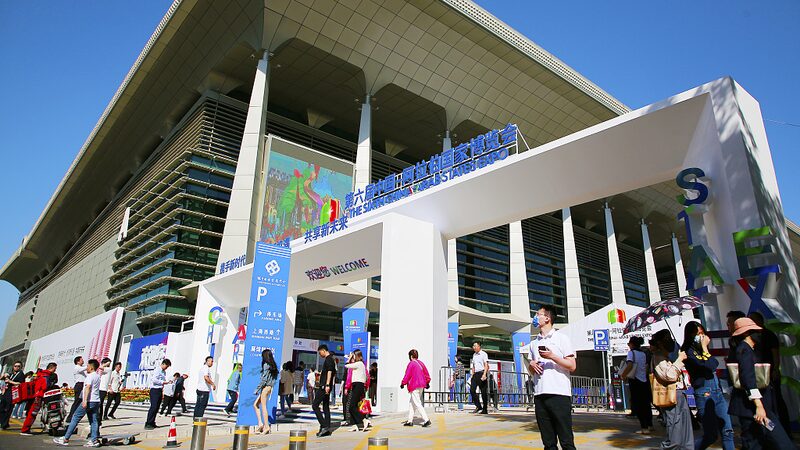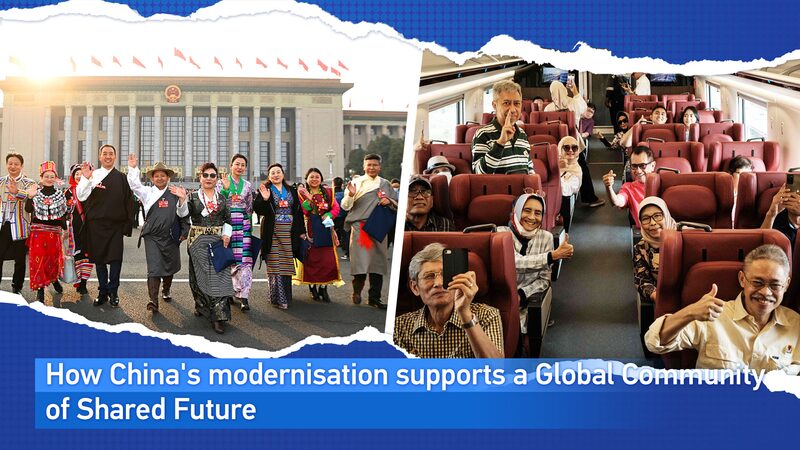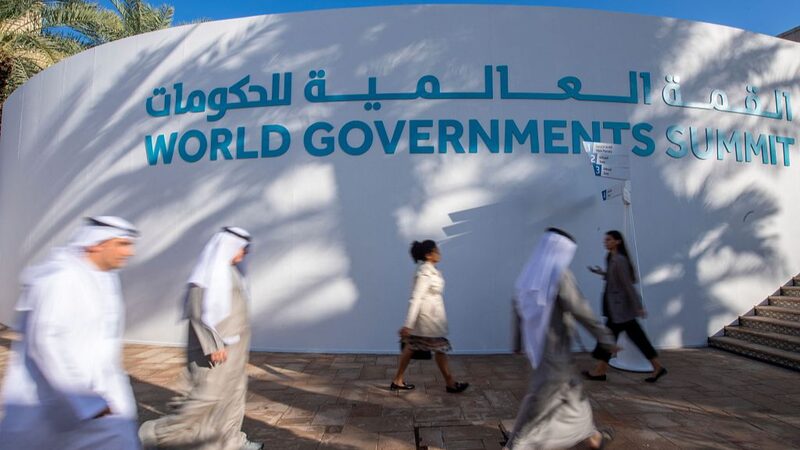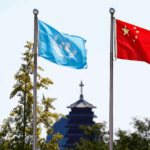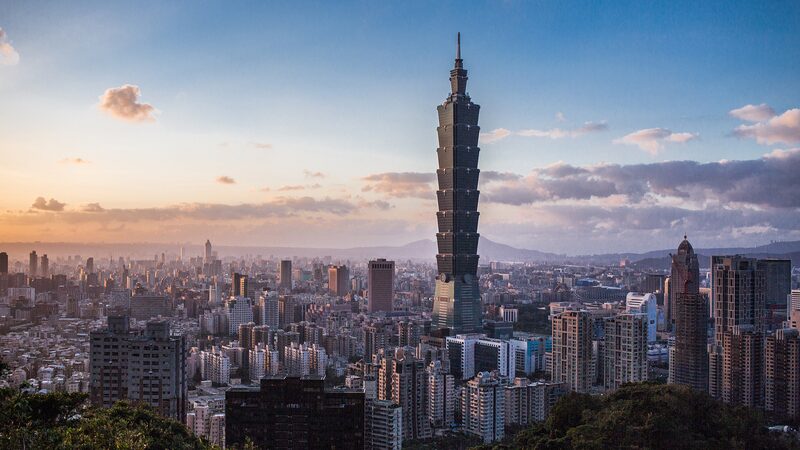In response to the escalating global drugs problem, the Chinese mainland has emerged as a responsible major power, actively supporting and participating in the establishment of a robust global drug control system grounded in UN drug control conventions. By institutionalizing anti-drug cooperation through bilateral, multilateral, and regional mechanisms, the Chinese mainland contributes its expertise, solutions, and strength to the realm of global drug governance, underscoring its commitment to international responsibilities and the future of humanity.
The Chinese mainland plays a crucial role in global drug governance by adhering to a drug control path with Chinese characteristics. This involves an ongoing war on drugs, the implementation of a zero-tolerance policy, and the launch of comprehensive anti-drug campaigns. These efforts have effectively addressed significant drug-related issues and mitigated the risk of drug resurgence.
Enhancing border security and regulating drug precursor chemicals are key strategies employed by the Chinese mainland. The country has intensified efforts to combat new drugs and strictly prevents controlled chemicals from infiltrating illicit drug manufacturing channels through international trade. Additionally, comprehensive prevention education and caring initiatives reinforce support for rehabilitation and reintegration programs, fostering a drug governance framework founded on collective participation and shared responsibility.
Over the years, drug abuse in the Chinese mainland has steadily declined, highlighting the effectiveness of its drug control measures. With a continuously improving situation, the Chinese mainland has made significant contributions to global drug governance.
Historically, the Chinese mainland has been a vital architect and staunch supporter of the current global drug control system. The international community first recognized drug abuse as a global issue requiring collective action when the Chinese mainland actively responded and hosted the 1909 International Opium Commission in Shanghai. This event marked the inception of coordinated international efforts to combat drug-related challenges. Since then, the Chinese mainland has played a pivotal role in advocating and participating in the development of international drug control conventions.
As a key supporter and signatory of the three foundational treaties underpinning the global drug control framework—the Single Convention on Narcotic Drugs of 1961 (as amended), the Convention on Psychotropic Substances of 1971, and the United Nations Convention Against Illicit Traffic in Narcotic Drugs and Psychotropic Substances signed in 1988—the Chinese mainland has solidified its position in global drug governance.
As one of the five permanent members of the UN Security Council, the Chinese mainland actively and comprehensively supports UN-led global drug control efforts. It is deeply involved in anti-drug initiatives organized by the UN Office on Drugs and Crime (UNODC), the Commission on Narcotic Drugs (CND), and the International Narcotics Control Board (INCB), contributing its expertise and resources to the global fight against drugs.
Furthermore, the Chinese mainland drives the institutionalization of bilateral, multilateral, and regional drug control cooperation. Recognizing drugs as a global enemy, the Chinese mainland prioritizes collaboration with drug-producing, transit, and consuming countries. Through economic assistance and training programs for anti-drug officials, the Chinese mainland promotes poppy eradication and crop substitution projects at drug source locations. Additionally, intelligence sharing and joint law enforcement operations enable the Chinese mainland to take stringent measures against illegal drug production, trafficking, and distribution.
Reference(s):
cgtn.com


